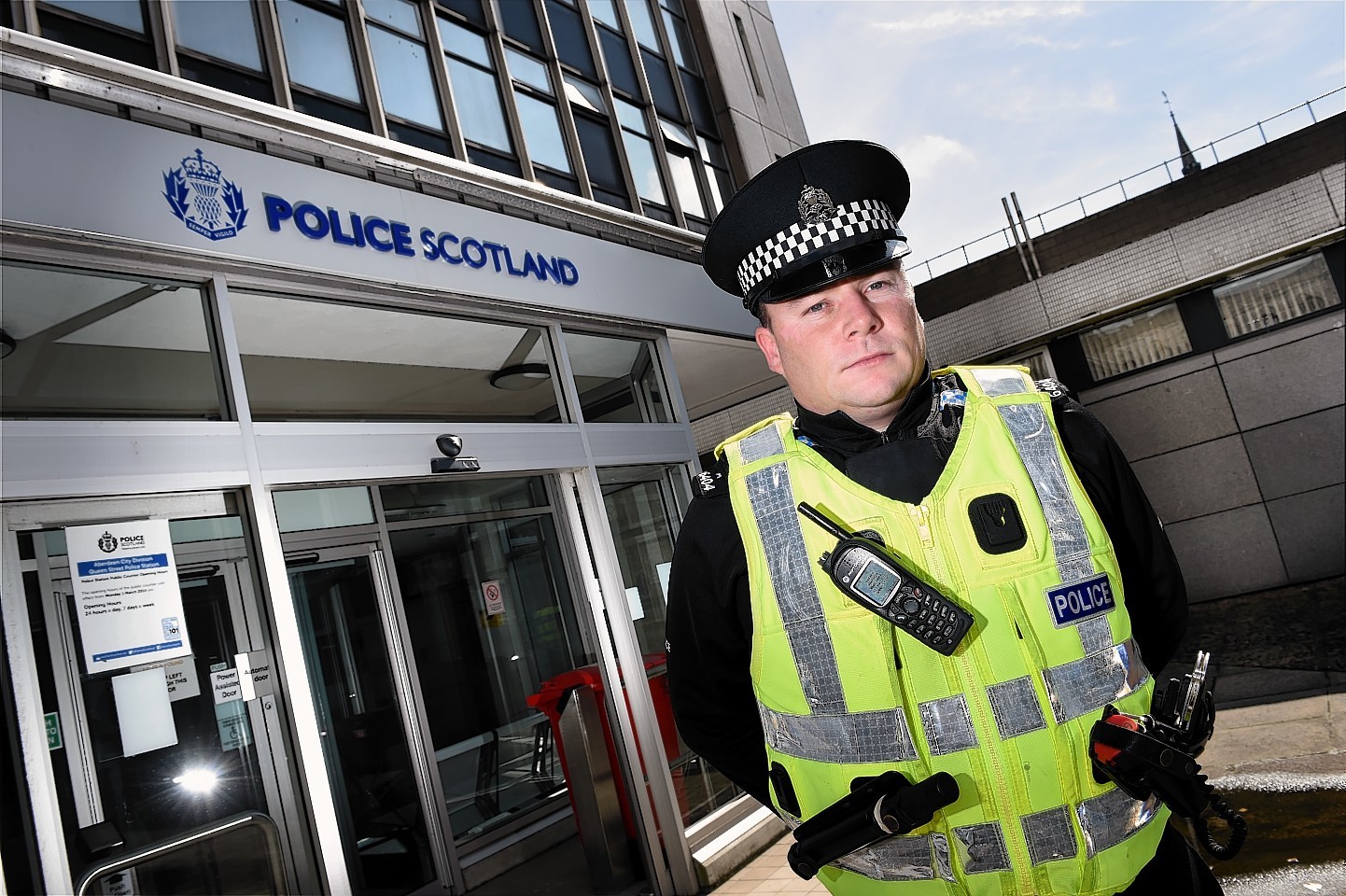Police have called for parents not to use Facebook as a first port of call when raising the alarm over suspected “stranger danger”.
The appeal comes after investigators concluded that a man who approached two boys in Aberdeen did so as a result of “mistaken identity” and with no criminal intent.
Over the weekend, a concerned mum shared a post online about the man approaching the youngsters in the city’s Springhill area and asking them to enter his car.
Police launched an investigation on Monday, and after the man involved contacted the force to explain the misunderstanding the probe was dropped last night.
Inspector David Cowie said: “Our inquiries have established that there was no criminal intention and it was a simple case of mistaken identity.
He added: “I would again like to reassure people that the vast majority of reports we receive are often found to be innocent and borne out of people simply having the best interests of children at heart – it is extremely rare that a person will have sinister intentions.
“With social media so integral in our lives these days it is all too easy to fear the worst and post about instances where a person a child doesn’t know speaks to them.
“There have been a number of such posts recently which then get shared hundreds of times and raises fear among parents across the north-east that their children are not safe to play outside.
“I would ask parents to please be aware of the wider implications social media posts can have and how in a genuine incident, they could hamper an investigation at an early stage.
“If any parent has any concerns about people their children have come into contact with, I would urge them to contact police in the first instance rather than post on social media.”
